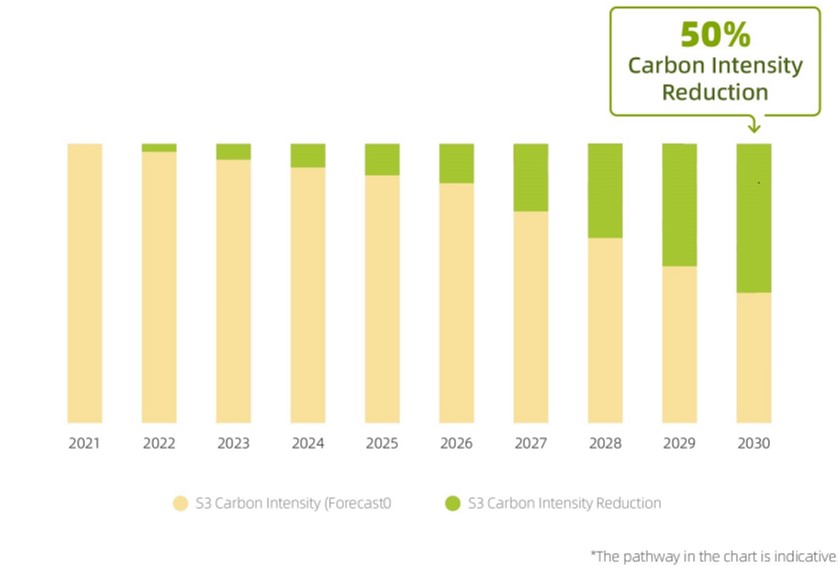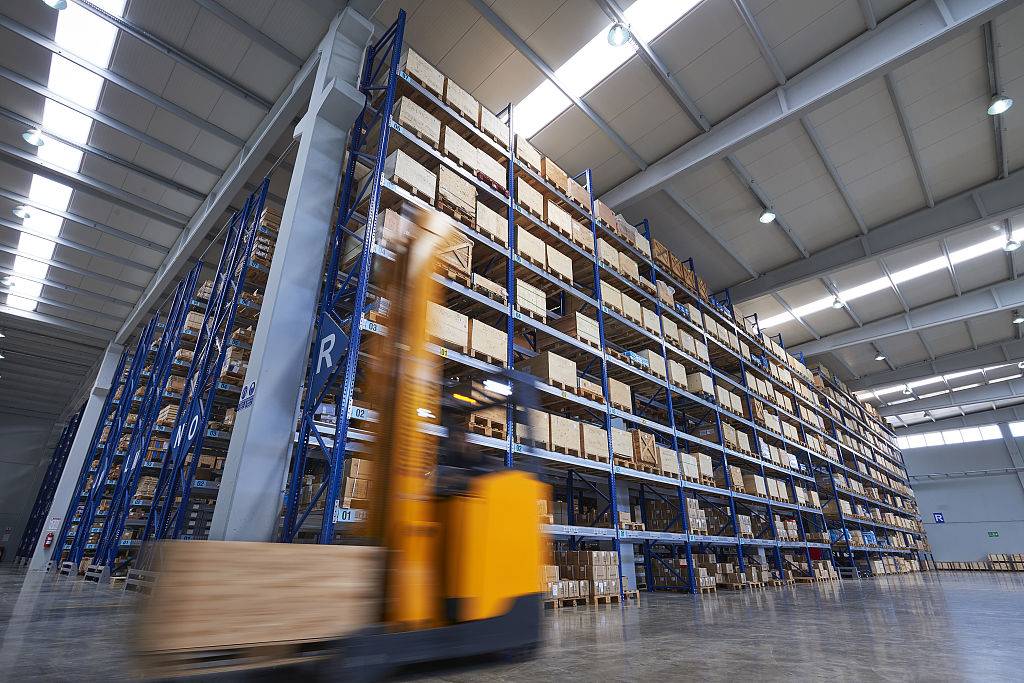
Photo credit: Shutterstock
Alibaba Group has taken the lead among Chinese e-commerce platforms in combatting climate change, according to climate activist Greenpeace.
The Hangzhou-headquartered e-commerce platform pledged in December to reach carbon neutrality by 2030 and said it would slash carbon emissions by 1.5 gigatons across its digital ecosystem by 2035.
The climate crisis is gathering momentum. Human activity is producing greenhouse gas emissions at a record high, with no signs of slowing down. Globally, governments and investors are demanding that companies disclose more information on the environmental impact of their operations and the steps they are taking to mitigate the pollution.
Amid this clamor for action, Greenpeace ranked China’s largest e-commerce platforms based on their commitment to tackling climate change, actions already taken, disclosure levels and steps taken to manage platforms responsibly and sustainably.
Alibaba is the only company that has set a date to achieve carbon neutrality for its group-wide operations, Greenpeace said in its report: China’s E-commerce Platform Companies Current Status on Climate Responsiveness, 2021.
The independent network of climate activists’ methodology considered whether companies’ commitments covered the entirety of their operations. E-commerce companies support ecosystems that stretch both upstream and downstream.
Alibaba plans to halve its carbon intensity, the emission rate relative to activity, along its supply chain by 2030, from 5.294 million metric tons of carbon dioxide equivalent accumulated in 2020.
“Emissions in the value chain are actually greater than emissions in the company’s corporate operations,” said Tang Damin, project leader in Greenpeace East Asia’s Beijing office, in a statement to the press.

Taking Responsibility
Greenpeace noted that Alibaba had made climate action a group-level priority and enacted a carbon-neutral plan that was “comprehensive” relative to its peer group’s contributions.
Alibaba has taken the lead in proposing that it take responsibility for the environmental damage caused by partners in its ecosystem and to minimize that damage.
“This goes beyond the typical scope of responsibility that companies take for emissions reduction – indeed it seeks to measure emissions that are adjacent to their value chain not directly within it,” said Peter Lacy, Global Sustainability Services Lead and Chief Responsibility Officer, at consultancy Accenture.
To be sure, Greenpeace pointed out that the industry’s climate change response is uneven and still has much room for improvement in climate and environmental governance.
Greener packaging, logistics, and supply chains are ways that e-commerce platforms could be more environmentally friendly. The report noted that Alibaba had already acted on those fronts and commended Alibaba logistics arm, Cainiao Network, for its green packaging initiatives, Alibaba Cloud’s adoption of clean energy, and Alibaba’s green procurement standards.
Greenpeace also recognized that Alibaba has made environmental, social, and governance (ESG) criteria a top priority and set up a sustainability committee at board level and responsible for ESG-related strategic planning, goal setting, and management.
Transport is the primary pollutant at e-commerce companies, and only Alibaba has made a commitment to replace all of its operating vehicles with electric vehicles by 2030, said Greenpeace.
“E-commerce companies have completely changed the landscape of daily life in China. They are responsible for these new systems. Some companies have noted climate response as a way to show social consciousness,” Tang added.




